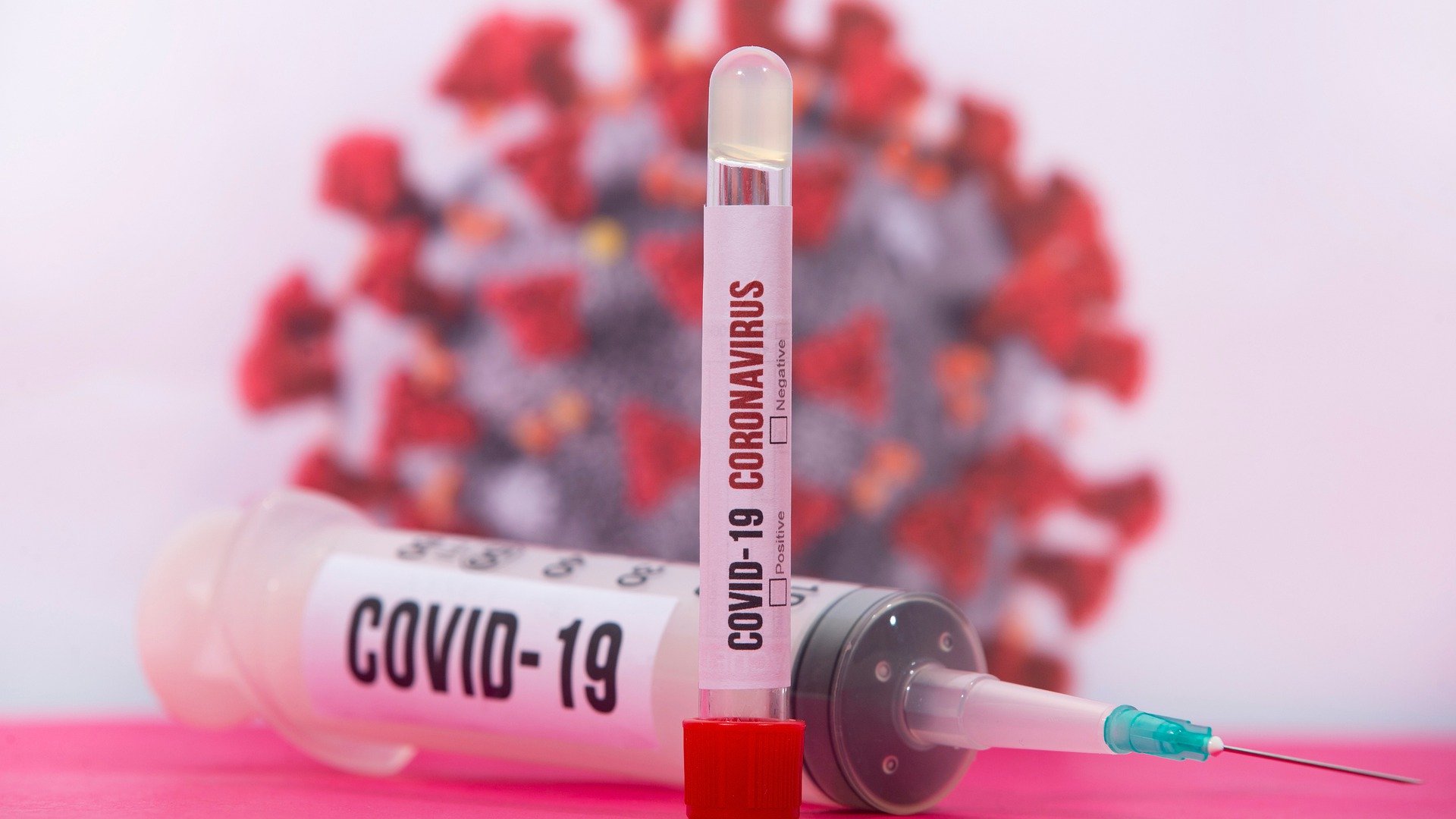The country has identified six cases of a mutated strain of coronavirus that first surfaced in the UK. It is believed that the latest strain is 70 percent more contagious, but doctors have said that there is no reason yet to assume that it is more deadly or that a vaccine would not control it. All six patients have recently returned from the UK, where cases have spiraled within days.
Three of the patients are in NIMHANS, Bengaluru, two are in Hyderabad at the Centre for Cellular & Molecular Biology, and one is in Pune at the National Institute of Virology.
All patients were held in single-room isolation by the state governments in designated healthcare facilities. Their close contacts were placed under quarantine as well. For co-travelers, family contacts, and others, extensive contact tracing has been started.
In view of the emergence of a new Covid-19 strain, India took several measures on Monday as concerns mounted across the world.
On Monday, the Union Health Ministry called an urgent meeting of its Joint Monitoring Committee to address the emergence of a mutated coronavirus type that has contributed to a rise in the rate of infection in the United Kingdom.
The ministry said in Monday’s order that it is extending the “Guidelines for Surveillance” to January 31, 2021. “While there has been a steady decline inactive and new cases of Covid-19, surveillance, containment and caution must be maintained, taking into account the rise in cases globally and the emergence of a new variant of the virus in the United Kingdom,” the MHA said in a statement.
The new order has suggested that containment zones will continue to be carefully demarcated as before, even if the containment measures recommended, including perimeter control, are strictly followed inside these zones.
It also requested states to ensure that Covid-appropriate behavior is encouraged and strictly enforced, and it adopted the standard operating procedures prescribed for different approved activities.
Here’s Everything We Know So Far About This Novel Strain
What is the new strain of Coronavirus?
In the genetic sequence of the virus, a mutation is referred to as a transition. For a period of time, it occurs. The new strain of Coronavirus that has emerged will spread more quickly and easily, authorities have reported in the United Kingdom.
This will result in a rise in the caseload of Coronavirus, something that is already being witnessed in the UK. Although Christmas celebrations in London have been canceled due to a spike in COVID cases, authorities have warned people to exercise greater caution in the face of the latest strain of infection. The results have also been submitted to the World Health Organization (WHO).
Does it spread more easily?
According to a report by the Center for Mathematical Modeling and Infectious Diseases (CMMID) that has not yet been peer-reviewed, experts now think the new version is between 50% and 74% more transmissible than other dominant strains. The WHO predicts that the simple reproductive number R will be tacked to 0.4, which determines how many individuals each infected person will spread the virus to.
The new variant could be responsible for 90 percent of all new COVID-19 cases in London and East and South England by mid-January, the study found, based on models of that development.
Can kids catch it more easily?
In the past, multiple lines of evidence indicated that children may be less vulnerable to the novel coronavirus. If this new variant sticks to cells more easily, there is a possibility that it could spread more easily among kids than it did before. Further tests, however, would be required to see if that’s the case.
In children in England, there has been a rise in cases at the same time as this virus has increased its prevalence. When children first returned to school in early fall, the spike was not seen.
But although many other items were closed at this time, schools were open, so it is likely that schools offered one of the very few opportunities that the virus had to spread. We can not yet claim that this variant would be more readily captured and spread by children.
Will vaccines work against the new strain?
Most experts believe that the newly created vaccines will still operate against the current U.K. Variant. The body develops an array of cells to bind to several different parts of the virus as vaccines activate the immune system. According to the CDC, mutations in a handful of spots would likely not be enough to make the vaccine less safe.
Since 99% of the proteins in the new variant are identical to the Pfizer-BioNtech mRNA vaccine target strain (the Moderna vaccine is very similar), the vaccine is highly likely to work, BioNTech CEO Uğur Şahin said at a news conference.











